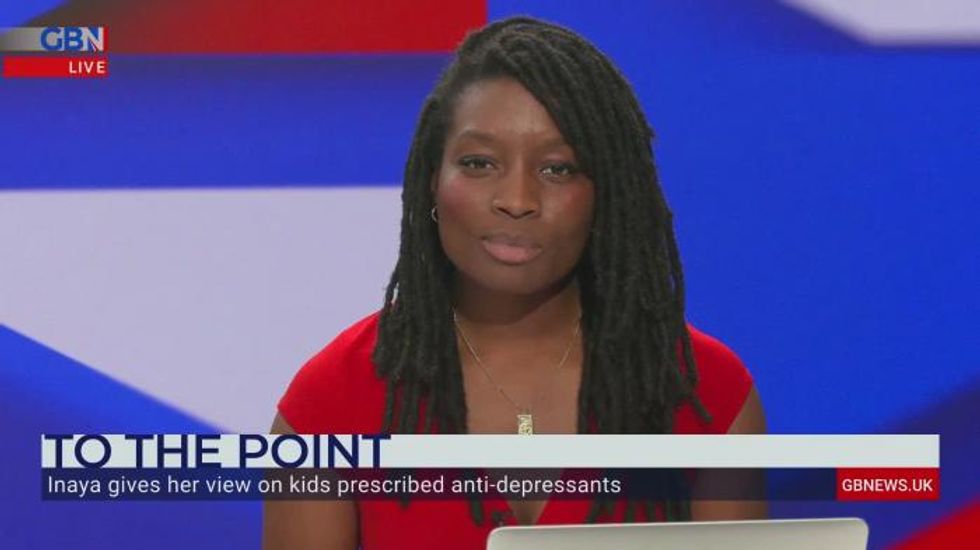Don't Miss
Most Read
Trending on GB News
Record numbers of children are being prescribed anti-depressants, NHS figures reveal.
In 2020, there were more than 230,000 prescriptions for anti-depressants issued to children aged between five and sixteen. This is despite health service guidance stating that they should be offered to under-18s only in cases of moderate or severe depression alongside talking therapies.
So, why is this happening? And, what are the social conditions that may be exacerbating record levels of mental and emotional turmoil?
In my view - growing social atomisation. The collapse of adult authority. The diminishing of the public square. A fixation on identity. Stifling free speech. The veneration of victimhood is socialising a generation to see themselves not as independent, moral agents, capable of making judgements and taking risks. But, instead, to view the world as a fearful, dangerous place that moves from one existential crisis to another - therefore, needing protection and shielding from it.
According to Research by Onward, around one in five 18-34 year-olds say that they have one or fewer close friends, three times the level in 2011/12. Older generations now typically have far more close friends than younger groups in, what they describe as an inversion of historical trends.
Older generations are now considerably more likely to have very large close social networks than younger generations. Young people appear to be around half as likely to say they think other people are trustworthy as they were sixty years ago, with 56% of young people saying that other people could be generally trusted in 1959 compared to 30% today.
Younger people are much less likely to say they belong in their neighbourhood, even though they expect to stay there. Fewer than half of 18-24s agree they belong in their neighbourhood, compared to three-fifths of over-65s.
According to a poll by Survation on behalf of ADF International, more than a quarter of students self-censor their opinions because they fear a backlash and 40% of the students polled are afraid their careers will be ruined if they spoke up about their views.
Today, more than ever, young people are lonely, isolated, anxious and silent. This is at a time in history when there hasn’t been so much opportunity, to travel, to meet new people, to explore new ideas and experiences.
Who’s responsible for this? Well, we all are. But, to be honest, adults, rather than show young people the tools to navigate the world around them, too often adults look to children for the answers. From environmental issues, gender and sexuality - the views of children and young people are often fetishised.
Young people should be exploring. Taking advantage of the joys, pains and wonders that the world has to offer. Being free and experimental. Not encouraged to obsess over their internal psychological world, pathologising all negative emotion. They should go out into the world and live.
No doubt many of those young people prescribed anti-depressants genuinely need it. But, I can’t help but think that our current therapeutic culture is exacerbating the problem rather than resolving it.











